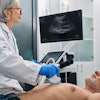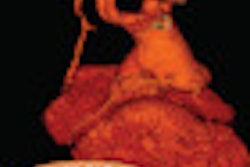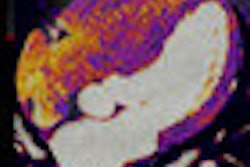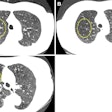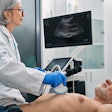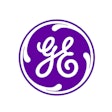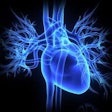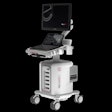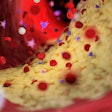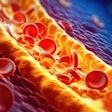Dear AuntMinnie Member,
A Canadian study released this week once again highlights the potential cancer risks involved in cardiac imaging studies.
The study found that for every 10 mSv of cumulative radiation dose, a patient's cancer risk rises 3%, according to an article in our Cardiac Imaging Digital Community. That works out to about one case of imaging-induced cancer for every 2,000 patients who get a 20-mSv dose.
The researchers were careful to note caveats in their study -- mainly that patients should certainly receive a potentially lifesaving cardiac catheterization study. But they added that the findings show a need for renewed attention toward the appropriate use of radiation-based imaging modalities.
Get the rest of the story -- and learn which modalities contributed the most radiation in the study -- by clicking here.
In other news, learn how researchers used 320-detector-row CT to scan patients with atrial fibrillation -- traditionally a tough nut for CT due to irregular heartbeats, which can produce motion artifacts. Find out how they solved the puzzle by clicking here, or visit the Cardiac Imaging Digital Community at cardiac.auntminnie.com.
Conebeam breast CT
Meanwhile, in our Women's Imaging Digital Community, we're highlighting a small study on conebeam breast CT -- a technology that's still investigational but could have intriguing potential as a complementary modality to mammography.
U.S. researchers put the breast CT through its paces by comparing it to breast MRI for working up suspicious lesions found on an initial mammogram. The modality could be an alternative for women who aren't suited for breast MRI, for example due to obesity or claustrophobia.
Find out what they learned by clicking here, or visit the community at women.auntminnie.com.



